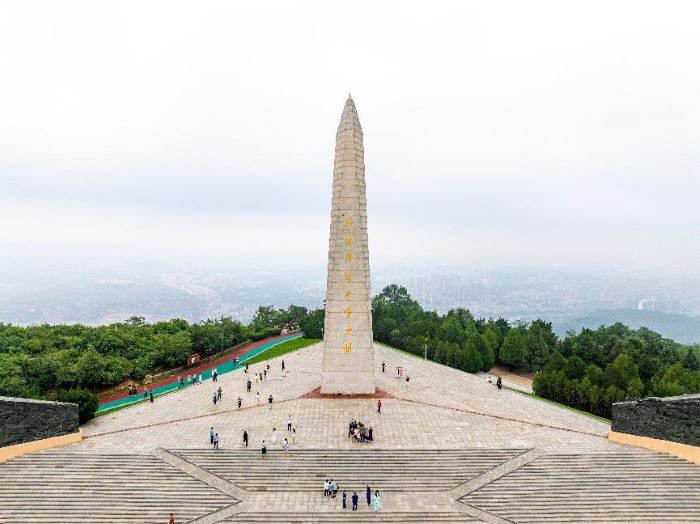Cultural courtyards preserve and showcase traditional heritage in Lijiang ancient town

Agency : At Tiandi Courtyard, or Courtyard of Heaven and Earth, in Lijiang ancient town, southwest China's Yunnan province, He Xueguang was busy attending to his daily affairs. "There are now around 30 cultural courtyards like this throughout the ancient town," he said.
With a history spanning more than 170 years, Tiandi Courtyard exemplifies well-preserved traditional Naxi architecture. Despite numerous commercial lease offers, He has consistently prioritized cultural preservation over commercialization.
Since Lijiang ancient town was inscribed as a UNESCO World Heritage Site in 1997, protection measures have become increasingly stringent. To preserve the town's historical integrity, modern renovations are strictly limited. As tourism has grown, many residents have relocated, leading to a shift in the town's demographic landscape.
In Lijiang, traditional residential architectures, local lifestyles, and cultural heritage form an inseparable whole - a cultural ecosystem sustained by local stewardship.
"Cultural heritage is more than just physical structures. It carries invaluable cultural significance," said He. To further explore, safeguard, and pass on this heritage, he transformed the Tiandi Courtyard into a venue for traditional Naxi song and dance performances. In 1999, he established a Naxi culture inheritance center in the courtyard, inviting local residents to perform traditional music and dance, exhibit Dongba culture, and offer cultural workshops and training.
Beginning in 2007, the Lijiang ancient town protection and management bureau, together with the Lijiang ancient town management company, began designating portions of public housing annually to develop cultural courtyards. In 2016, Tiandi Courtyard was officially recognized as the 18th cultural courtyard in Lijiang.
"We receive discounted rent and annual financial support," He explained. Tiandi Courtyard is not an isolated case. Every year, the town invests millions of yuan into the development and operation of cultural courtyards and other heritage preservation projects.
Today, Tiandi Courtyard hosts three daily Dongba music and dance performances, attracting large audiences. Building on its early success, it has developed original Naxi music and dance performances, curated two themed exhibition halls, and incorporated interactive experiences such as Naxi script instruction and traditional dance workshops, offering visitors immersive access to the town's vibrant heritage.
Beyond Tiandi Courtyard, a wide range of cultural spaces has emerged, including independent bookstores, poetry clubs, pictographic character experience halls, and traditional craft studios. The town's 30 cultural courtyards cover diverse topics such as notable residences, historical and cultural protection, traditional craftsmanship, and Naxi folklore. Visitors can not only enjoy the exhibits but also engage in in-depth learning experiences. "The story of Lijiang ancient town is told through these cultural courtyards," He remarked.
Because of their dispersed locations, these cultural courtyards can be difficult for tourists to locate. In response, Lijiang ancient town has enhanced signage throughout the area to direct visitors more clearly. "The most prominent signs now guide visitors directly to these cultural spaces," said He.
In 2019, Lijiang ancient town introduced stricter regulations on commercial activities, including business entry thresholds and an exit mechanism to manage overall business density. It also reorganized its commercial landscape through categorized management, restricting operations incompatible with the preservation of the town's historical character and cultural heritage, while encouraging businesses that contribute to the safeguarding and promotion of traditional culture.
"Internet cafes have disappeared, bars have significantly decreased, and the ancient town's cultural atmosphere has become much more pronounced," said He. "We hope more young people will come to Lijiang and develop a deep appreciation for cultural heritage."
-By Yang Wenming, People's Daily














प्रतिकृया दिनुहोस